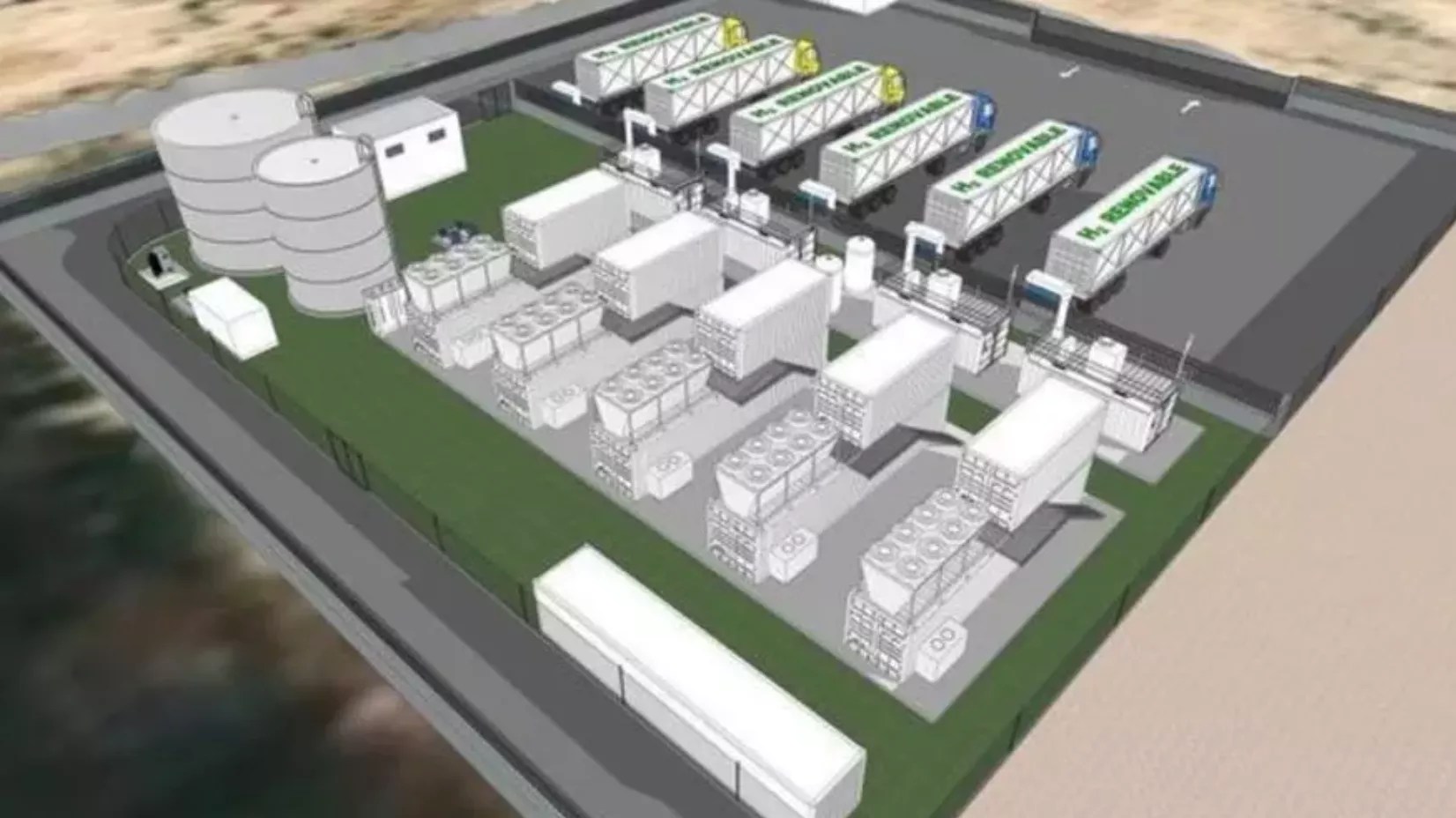The inhabitants of the rural parks in Tenerife are weary of enduring the daily repercussions of the thousands of visitors to these stunning natural sites, known as one of the island’s major attractions for travellers seeking contact with nature.
The absence of suitable infrastructure, issues with mobility, and a lack of planning to regulate visits result in tourist and leisure activities being a burden for local residents. While businesses in the area appreciate the influx of visitors for its contribution to their economic growth, it nonetheless creates significant challenges for the community.
In recent weeks, the residents of Anahan Rural Park have once more voiced their frustrations regarding the present conditions, even threatening to restrict access to the area. They are “fed up” with enduring long lines of vehicles and tourist buses clogging up the roads for the past two years. Although the council promised that no more large-scale tourism would be allowed as of January, this has yet to materialise, with a new deadline set for May after a recent plenary meeting.
Adding to their concerns are the residents of Barranco de Masca in Buenavista del Norte, who are preparing a document outlining their demands to the City Council and the Cabildo. They are seeking solutions for a village that, they argue, suffers from daily traffic congestion and public safety issues due to inadequate infrastructure, as the area increasingly resembles a “themed park” for tourists, nicknamed “the Spanish Machu Picchu.”
Jorge Javier Díaz, the president of the Neighbours Association in Barranco de Masca, encapsulates the key grievances of local citizens who struggle to carry out their daily routines amid the influx of tourists and the “lack of order” concerning roads and infrastructure. They also cite deficiencies in police presence, parking facilities, and signage.
Díaz emphasises their sense of insecurity: “Theft occurs at the viewpoints day in and day out. We understand that the Civil Guard is doing an essential job with limited resources, but what we require is a stronger police presence,” he remarks.
The neighbourhood spokesperson elaborates on the poor condition of the road traversing the area, which was built “by the residents themselves” between the 1960s and 1980s, originally intended for single-vehicle use. Today, he notes, the road needs improvements in terms of asphalting and even expansion.
“Mobile applications, coloured traffic lights, or light warnings are of no use to us because they provide assistance but do not address the root issues. Many problems could be alleviated with increased police visibility and a tow truck,” he cautions. According to the data managed by the president, there are only around 50 designated parking spaces in the vicinity, a situation compounded by the hamlet’s inadequate signage.
They advocate for regulations to manage tourist access to the ravine, while asserting their right to participate in the decision-making process alongside their other requests. They feel overwhelmed by tourism and are pleading for some consideration of their needs. “Everything is focused on tourism; when do we think about the local residents?” Jorge Javier questions.
El Teide Under Protest from the Telesforo Bravo Foundation
The Telesforo Bravo and Juan Coello Foundation has also voiced concerns regarding the “chaos” in Teide National Park, where vehicles are parked on the roadside and individuals are wandering off designated paths or even onto the roads. The Foundation has directed criticism at the politicians overseeing the park, alleging that while they claim to have implemented unprecedented protections, the reality remains that their focus is solely on attracting “more and more tourists.” They lament the lack of approval for a PRUG that “limits” visitor numbers.
The Foundation also conveyed that there is a reluctance to control vehicle access, particularly rental cars, and the numerous illegal parking areas remain unregulated, despite announcements over a year ago regarding initiatives to address this issue. “There isn’t enough surveillance, and just last Monday, we had to stop several tourists from flying drones and collecting rocks,” they stated.
















